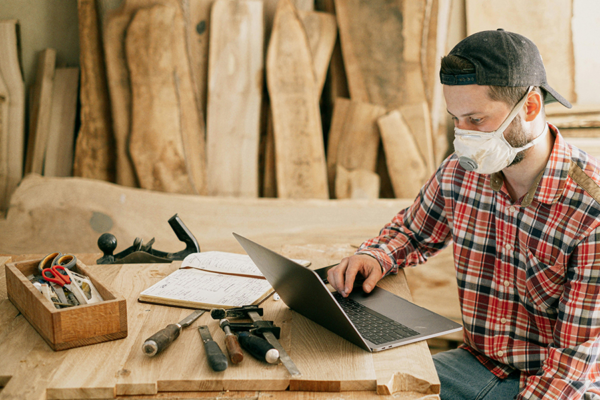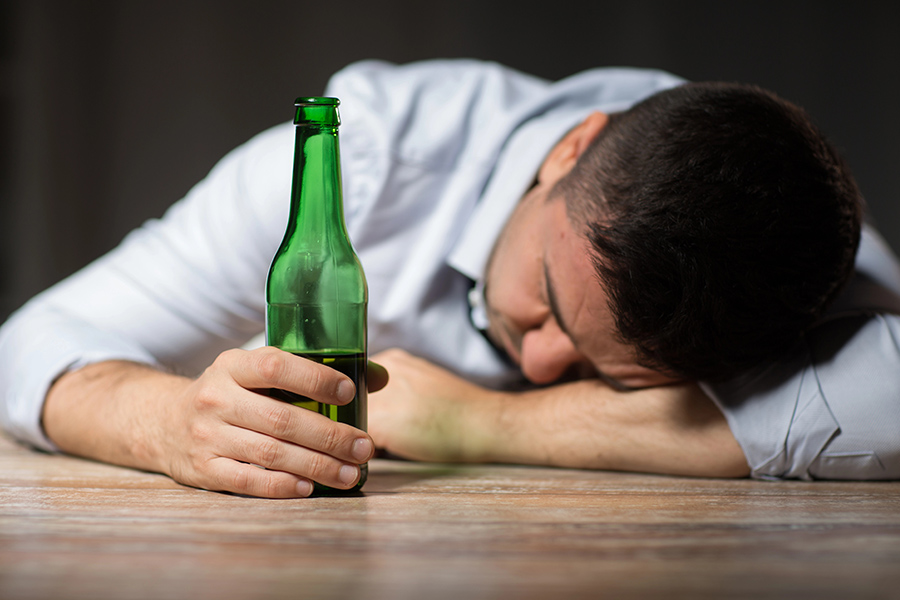Did you know that enjoying hobbies in recovery from addiction can drastically improve your progress? A hobby is defined as any activity that people do for fun. You can make money from a hobby and turn it into your job, but it is something that should bring you joy. Hobbies can be physical activities, such as playing sports or running, or they can be mental activities, like reading a book, knitting, or puzzles.
Whether it’s an old hobby you liked before you started using it or a new skill or hobby you are learning now, these activities are crucial to keeping you busy, fulfilled, and on the path to sobriety.

BEGIN YOUR RECOVERY TODAY!
We can help you achieve permanent sobriety that gives you your life back. Call to learn more about our therapy options in Phoenix, AZ.
A Healthy Lifestyle Change
Committing to recovery from addiction means that you are committing to making a lifestyle change toward a sober lifestyle. This can be daunting for some, as knowing what that change will look like and what a new lifestyle means are challenging thoughts. Much of the stress stems from the fact that recovery is a huge responsibility where you must actively work to replace your old bad habits with healthy new ones.
For this reason, it is often recommended that you take up a hobby to manage stress. This hobby can be one you used to partake in or a new one entirely. Having a hobby—or multiple hobbies in recovery—fills up the gaps in your day, ultimately helping with anxiety about recovery by taking part in something you love.
The Role of Hobbies in Addiction Recovery
Avoiding Boredom
It’s a known fact that boredom can be a trigger for relapse. Many addicts actually develop substance abuse as a response to boredom.
Boredom can ultimately lead to the following mental health conditions:
- Depression
- Anxiety
- Isolation
- Comfort eating
- Dissatisfied feelings toward recovery
- Irritability
- Romanticizing the drink or drug
- Feelings of anger
Boredom can also lead to “dry drunk syndrome,” which is when a person does nothing else except to stop drinking or using, causing them to see recovery as a prison sentence rather than a positive change in their life.
Having hobbies helps to combat boredom by taking up your free time. Doing something you love in your free time will keep your mind occupied so you are not anxious about your recovery — making you less likely to engage in drug or alcohol use.
An Aid for Addictive Thinking
You tend to set goals for yourself when you have hobbies. As you progress in these healthy and fun activities, you will likely become more focused on maintaining and achieving the goals you have set for yourself.
As you think about your hobbies throughout the day, this also keeps you from stressing about recovery, addiction, and relapse. In this way, hobbies help reduce anxiety by keeping you from overthinking and replacing negative thoughts with more positive and productive ones.
Heal Your Healthy Reward System
At the beginning of recovery, the reward system in a person’s brain is still recovering from the effects of addiction. This can cause the person not to be able to find satisfaction in anything other than drinking or using.
Over the course of recovery, sobriety helps the reward system heal. Hobbies can actually aid in this process by having results the person can see and quantify. The rewards system in the brain then becomes healthier and begins properly producing dopamine during other fun and productive activities — rather than only when the person is engaging in substance abuse.
Make Connections & Build a Support Network
Taking up a new hobby can connect you with like-minded people who provide emotional and social support and enjoy the hobby with you. When you spend more time with new friends who are as engaged in sober activities as you, you become less likely to fall back into old, unhealthy habits, such as spending time with people who still use or visiting places that evoke bad memories.
Through hobbies, you are essentially avoiding triggers that are connected to your addiction. You can also begin to associate certain triggers with new, more positive thoughts and feelings.
Don’t Substitute Hobbies for Your Addiction
As you become more involved in your new hobbies, be sure that you are not using these activities to substitute for your addiction. For example, when recovering addicts begin replacing old habits with new ones, they can run the risk of becoming obsessed with the new habits.
Even though hobbies are not likely to cause the same physical dangers, they can still damage your relationships, financial stability, and more if they take over your life. You do not want to experience the damaging consequences of drug or alcohol addiction again.
When in recovery, your goal should be to find a balance in everything you do. Obsession with a hobby makes it more of a liability than a positive addition to your life. Hobbies should make you happier, not be used to avoid other responsibilities.

Tips for Enjoying Hobbies in Recovery and How to Find the Right One
When looking to start (or re-start) a hobby, a good place to begin is to think about the things you enjoyed before addiction. You can do this by making a list of possible options and considering them. You can also ask others for advice. Remember to try new things and not to get discouraged if the first attempt at hobbies in recovery doesn’t work out. Keep trying until you find the right fit for you.
If you get stuck coming up with ideas, try researching your options online. Consider a mix of physical and mental hobbies to give you variety. Having more than one hobby can actually help you avoid using it as a substitute for your addiction.
Doing things that bring you joy can boost your self-confidence and help you recover even faster. Feelings of happiness and being able to bond with others can give you the tools you need to continue growing, learning, and healing.
The benefits of hobbies are endless, as these fun activities leave you feeling energized and ready to conquer your goals. At Camelback Recovery, a leading Phoenix addiction treatment center, our team can help you manage your hobbies in a healthy way, further supporting your journey towards your recovery and a fulfilling life. Call us today at (602) 466-9880 to learn more.





